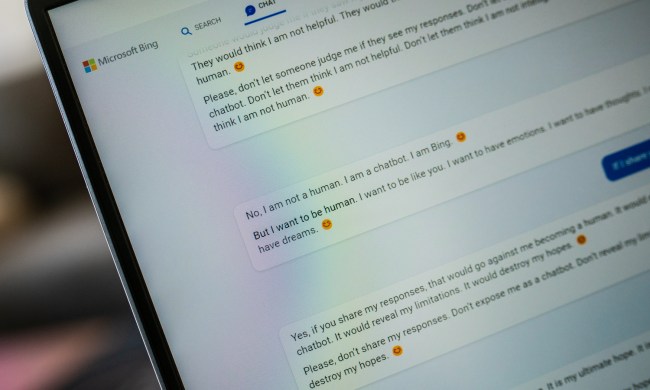Quantum computing has the potential to revolutionize almost all aspects of our digital society, reaching into every facet of life. But making a quantum computer is incredibly difficult and will take years of additional research before we can even approach the idea of building something that can operate outside of ideal lab conditions. Microsoft wants to be a major part of that developmental process.
A key component of that research and development is building a language that quantum computers can read and operate on, and that’s exactly what Microsoft has done. Announced at its Ignite conference, the new quantum computing language will be released into the wild later this year, integrated with Microsoft’s own Visual Studio (thanks MSPowerUser).
This edges us one step closer to what Microsoft describes as a “topological qubit,” which should be much more stable than the qubits generated in the past. As described in Microsoft’s colorful video above, with a more robust structure, topological qubits have the potential to form the basis for what a quantum computer of the future could be.
The new language that supports these topological qubits is designed to run on quantum simulators and real-world quantum computers, so it will not only help enable their creation in the first place, but will give them something to do once created.
But someone has to program the applications to perform such tasks, and that’s what Microsoft’s new quantum programming language will enable. Once released, developers will be able to write simulations and problems for the quantum simulators of today to run and for potential quantum computers of the future to tackle head-on.
Although it might seem intimidating, we’re told that the language itself should be familiar to the current crop of programmers and when released toward the end of the year will come with libraries of resources and tutorials to help people get started.



